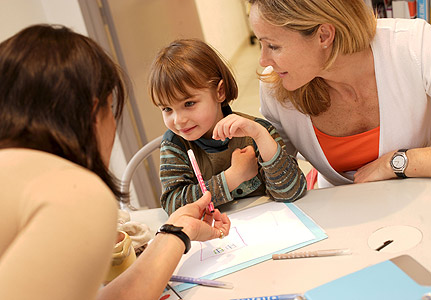So you would like to be the best social worker you can be? Mighty aspirations but completely obtainable! Social workers have the ability to make important contributions to society by working to improve the lives of individual people, families and other groups.
Five Steps
To be a social worker, you need a minimum of bachelor’s degree for direct service jobs, and typically a master’s degree for jobs such as a one on one therapist. If you want a clinical career, a master’s degree is necessary. Social workers are compassionate and have good listening skills. Whether you are already in the field of social work or just considering it as an option, there are a few steps that might assist you in becoming the best social worker you can be.
1. Be prepared. Anticipate potential problems and have a strategy in mind. Find the best way to collect information in broad categories prior to the planned meeting or event.
2. Perform an assessment or evaluation. Identify the most urgent or crucial problem needing to be solved emergently as well as identify the lower priority problems.
3. Develop a plan. Base plan on the input gathered from community or families with which you work. People and communities, generally have suggestions or recommendations to solve their own problems and doing so generally gives these groups a sense of empowerment to be able to contribute to the improvements being made in their situations. As well, be sure to connect family or community with the correct resources to assist in implementation of the plan.
4. Carry out the plan. This is the big “follow thru”….provide motivation, reminders, further resources, possibly revise plans and encourage as much contribution and participation as possible. Attempt to make the process a give and take. Remind people what they might gain from the completion of the plan.
5. Review the final program. Was it a success? Was it completed? Were the goals made and if not, which goals were missed? What went wrong or could have been more effective? Most importantly, learn from the experience to make the next situation better.
Evaluate
Evaluating situational motivation as well as the actions of the individuals, groups, organizations, communities and how they might interact given their environment are key factors to keep in mind during this process. Have a good understanding of human systems and influences. A masters degree in public health could help greatly improve your knowledge in these areas. Look to your peers, especially those with more experience. Sometimes, along with the prior suggestions, peers and mentors can help you avoid common pitfalls and make whatever sort of plan you need to implement, a smoother, more successful transition.














